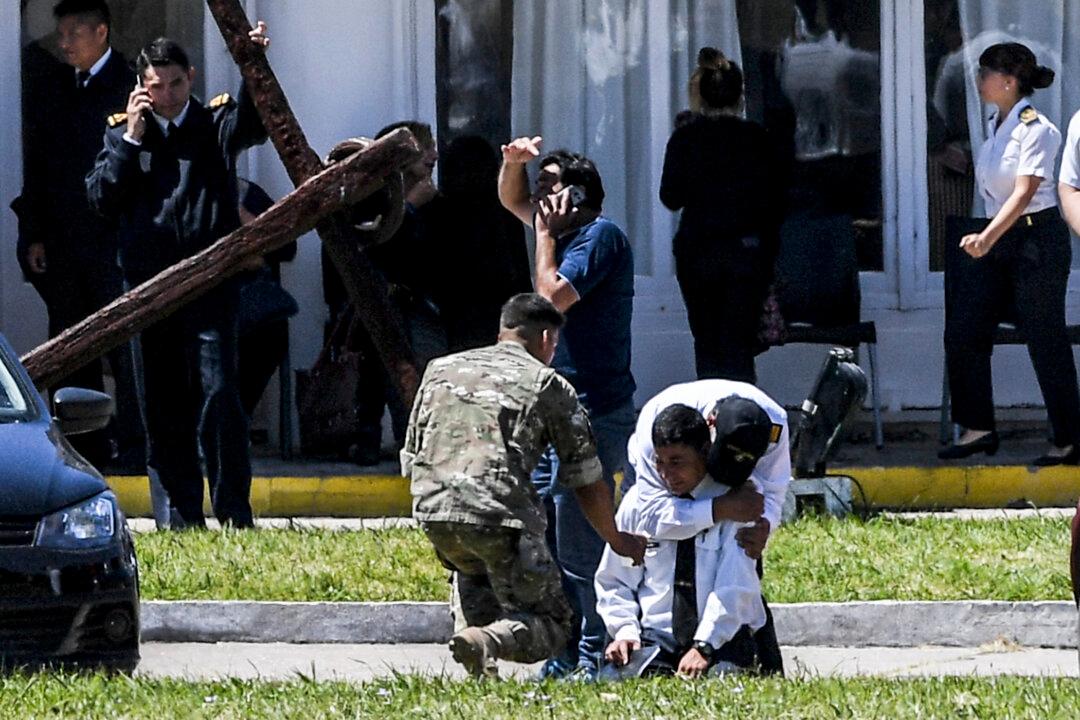The families of the missing Argentine submarine crew received phone calls informing them that all of the 44 men aboard the vessel have died following an explosion on the day that the vessel disappeared, Daily Mail reported, citing news media.
Relatives of the missing crew members claimed to have received phone calls from Navy officials telling them that all of the men aboard the submarine perished after the explosion that occurred 600 to 3,000 feet under water last week.





